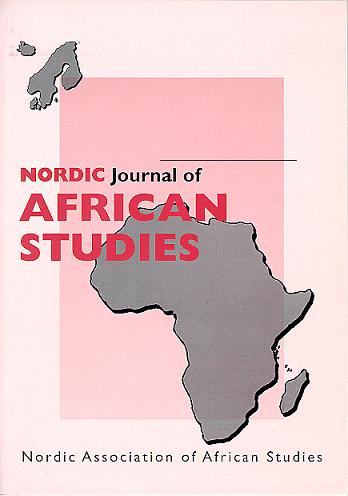
Published 2006-12-31
How to Cite
Abstract
For a number of years, Darfur region in western Sudan has been a scene of violent clashes between mainly sedentary farming communities of the three ‘African’ ethnic groups (Fur, Masalit and Zaghawa) and ‘Arab’ nomads. For all these years, successive Sudanese governments have repeatedly claimed that these clashes were caused by competition over resources. In the last couple of years, however, what used to be constructed as resource conflict dramatically turned into one of the worst humanitarian crisis and ethnic genocide, next to the Rwandan genocide, affecting over a million western Sudanese in Darfur region. The crisis erupted when in February 2003, two rebel movements–the Sudanese Liberation Army/Movement (SLA/M) and Justice and Equality Movement (JEM)–emerged and demanded the development and equality for Darfur region vis-à-vis other parts Sudan. It eventually fermented into a sustained armed conflict between, on the one hand, the armed forces of Sudan and its allied proxy militia drawn from Arab ethnicity and, on the other, the two rebel groups comprising mainly of non-Arab African ethnic groups – the Fur, Masalit and Zaghawa. The paper examines the genesis and manifestation of Darfur conflict in the wider context of political instability in Sudan. The paper argues that the conflict is not an isolated phenomena but one deeply rooted in the political economy of unequal regional development in Sudan. The paper also offers a modest solution to the crisis in Darfur with recommendations for domestic and international actors involved. To restore a lasting peace, the paper calls for a serious and planned global action involving, if necessary, the direct deployment of United Nations Peacekeeping force.
